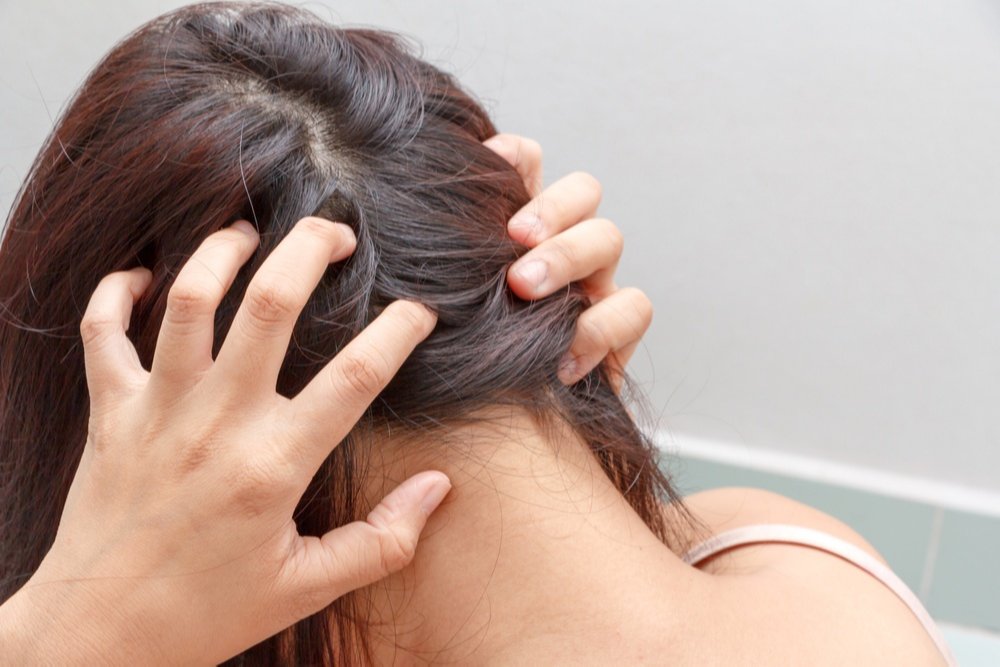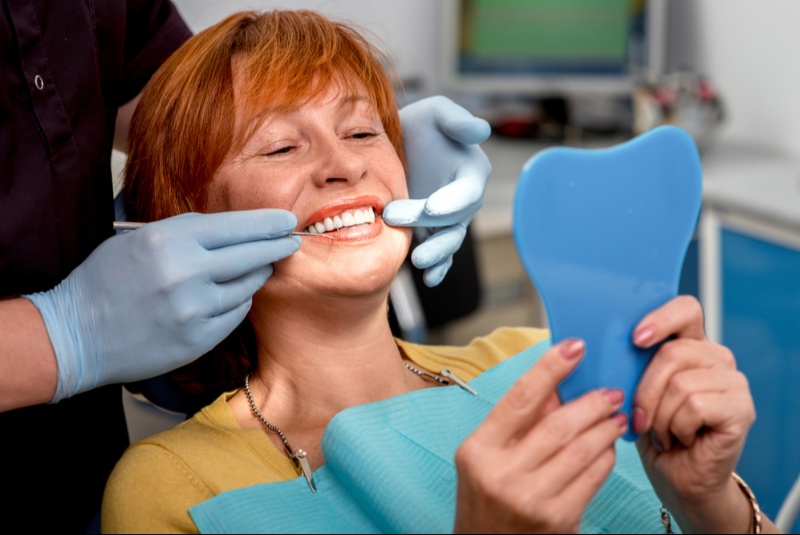Many people often overlook the fact that the skin is the body’s largest organ. Because of that, it’s very susceptible to various diseases and conditions. One of them is Scalp Psoriasis, which is a disorder that results in red, scaly patches on the skin. If left unchecked, it can spread from the scalp to the other parts of your head.
Though there are theories, medical experts and doctors are not exactly sure what causes scalp psoriasis. It appears to be genetic, with family members possibly passing it down to others. However, it doesn’t seem to be transmissible from person to person otherwise.
Psoriasis itself can affect any part of your skin. About 50% of Americans living with psoriasis have it specifically on their scalp. It’s also likely if you have it on your head, you’ll also have it on other parts of your body.
Some people who have scalp psoriasis might not even know they have it, since symptoms can be extremely mild. In other cases, the disease can result in large sores and intense itching, leading to hair loss or infections.
Symptoms of Scalp Psoriasis
As mentioned above, symptoms can be quite mild. In those cases, a patient may only have very slight scaling of the skin. In more moderate or severe situations, the disorder can result in:
- Red patches
- Silvery scales
- Dry Scalp
- Itching
- Dandruff or similar flakes of skin
- A burning or painful sensation
The loss of hair is closely associated with scalp psoriasis, but is not actually a direct symptom of it. Instead, the physical act of scratching or picking at the skin is one of the culprits. The added stress of dealing with the disease is another cause.
If you have one of these symptoms and are worried you may have scalp psoriasis, go to a medical professional. A dermatologist may be able to diagnose from a quick look, or may also perform a biopsy to rule out something else.
Treatments
Topical
The first thing you can do to protect yourself is also the simplest: treatments that go on top of the skin. This includes things like ointments, shampoos, soaps, or other oils that require a topical application. While some stronger medications may require a prescription, there are plenty over-the-counter options as well.
Speaking of over-the-counter products, most of them either contain salicylic acid or coal tar. Both of them are approved by the FDA to treat psoriasis. Prescription treatments may also have more concentrated amounts of these two medications.
As the name would suggest, topical treatments require direct application to the scalp. You will want to continue the treatment until the psoriasis clears up, which may take around two months. Once your skin has healed, you can continue to use certain medications to keep it from coming back. Regularly cleaning of your hair will also help.
Non-Topical Medications
These include pills you take by mouth, or something that has to be injected directly into a vein. You should speak to a physician if you are considering this route.
Most of these require careful use, since they can have severe side effects. Also of note is that even though some of these drugs are derivatives of vitamins, they are far more powerful than the kind of vitamin supplements you can get from a health store. Trying to self-medicate with non-prescription vitamin A and D supplements won’t be strong enough.
Biologics are intravenous medications that have to be injected or through an IV. Many of them treat psoriasis by preventing your skin from growing too many cells too quickly.
In-Office
For those that aren’t sure what an office treatment is, it’s simply the opposite of a home treatment. It describes a process or product that takes place in a doctor’s office or other medical facility. If your condition doesn’t get better after using a medication at home, this will likely be your next step. A mild case can be treated by steroid injection to affected areas, while more severe situations might require more advanced procedure.
One such treatment is phototherapy, which is exposing the skin to a particular form of light. This can take place with a laser or a non-laser light source. If your skin is normally exposed because you are bald or have thin hair, you might even go out into the sunlight for treatment.
Living a Full Life
There is currently no cure for scalp psoriasis, just the treatments mentioned above that can help you feel better. If you follow your doctor’s instructions and medication plans, you can prevent flare-ups or bad breakouts. You may also consider joining a psoriasis support group to ease the stress a little. The most important thing to know is that you don’t have to battle scalp psoriasis alone, and you don’t have to let it keep you from living a full life.





